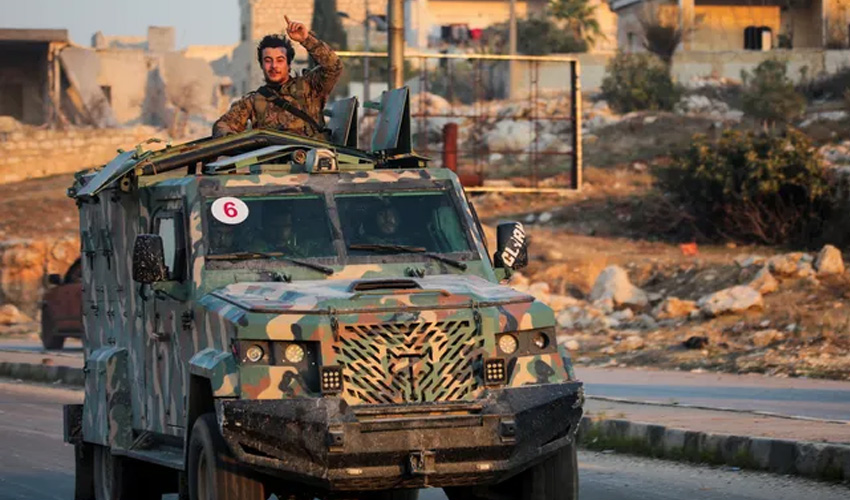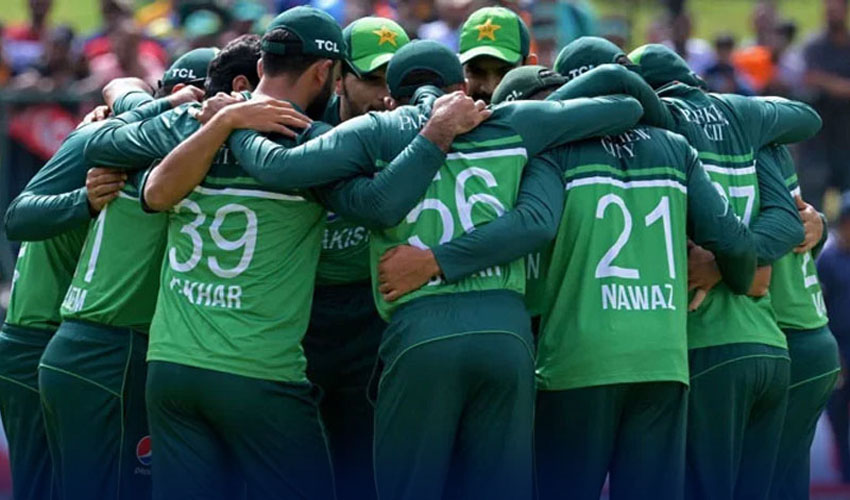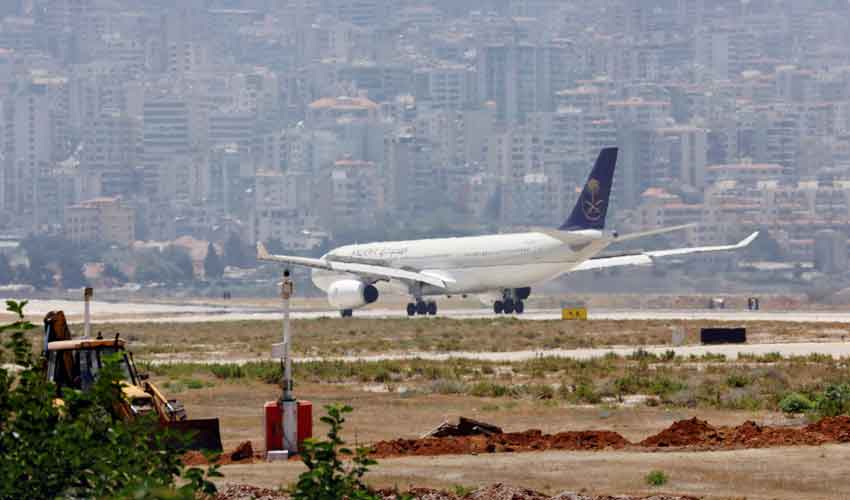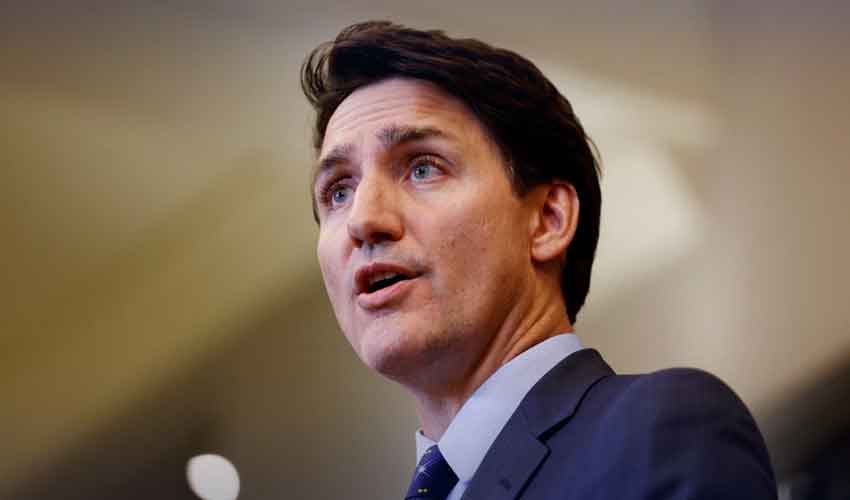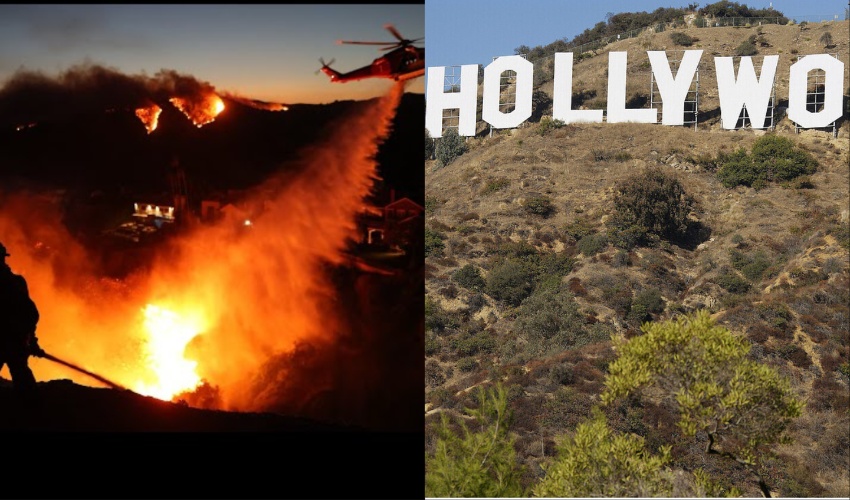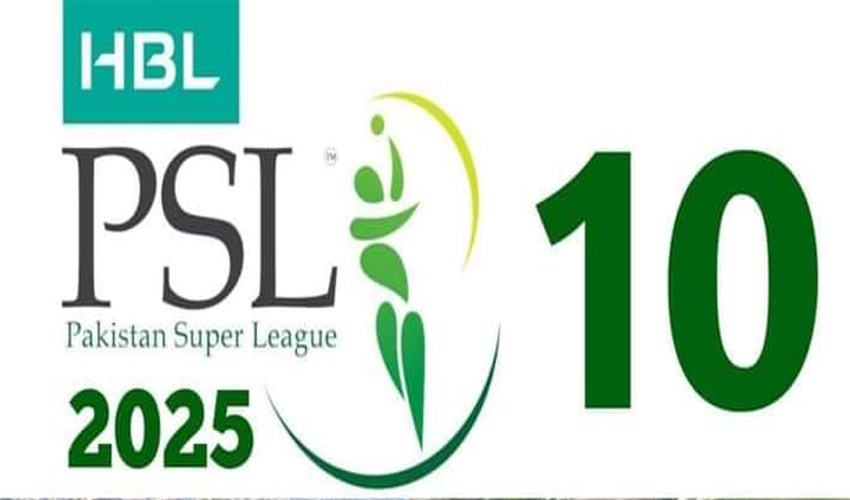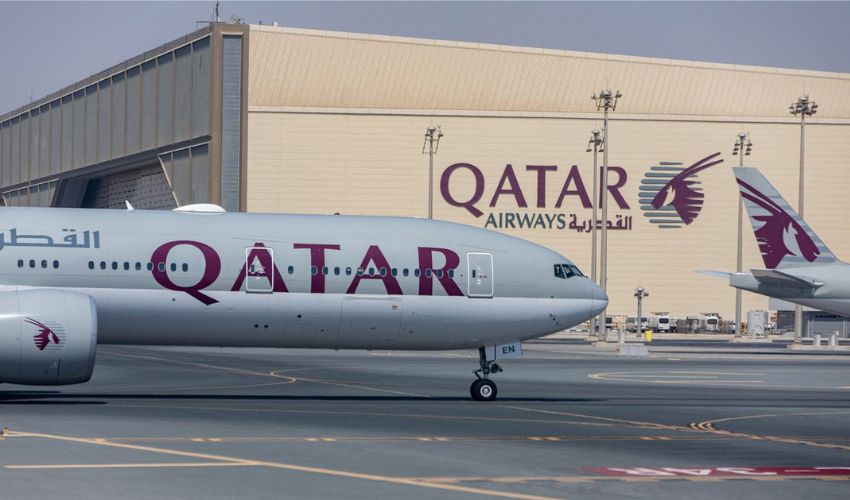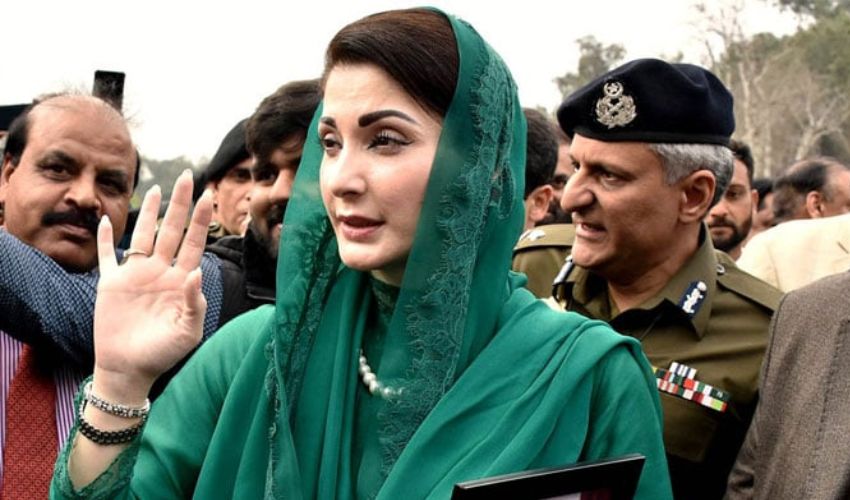Hundreds of Iran-backed Iraqi fighters entered Syria on Monday to support government forces in reclaiming Aleppo after last week's stunning rebel advance.
However, Lebanon's Hezbollah, a long-time ally of Syria's President Bashar al-Assad, has refrained from joining the conflict for now, citing the toll from its recent war with Israel, sources revealed.
Iranian-backed militias, alongside Russian air support, have been pivotal in sustaining Assad's regime since the civil war began in 2011. However, the rapid gains made by rebel forces in Aleppo—a city previously under government control since 2016—present a serious challenge.
The rebel victory marks one of their most significant achievements in years, a blow made possible by the shifting focus of Hezbollah and other militias to conflicts elsewhere, including Israel and Gaza, according to Hadi al-Bahra, a leader of Syria's opposition abroad. Preparations for the offensive on Aleppo had been delayed due to the Gaza war, he said.
Fighters cross borders to aid Assad
At least 300 fighters from Iraqi Shi'ite militias, including the Badr and Nujabaa groups, crossed into Syria through clandestine routes late Sunday. Their objective, as per Iraqi sources, is to defend a Shi'ite shrine and support government forces in the north. However, Iraq's Popular Mobilisation Forces and Kataib Hezbollah denied any formal involvement.
A Syrian military official confirmed that reinforcements were arriving in small groups to evade potential airstrikes, a testament to the high-stakes battle in Aleppo.
Hezbollah steps back
Despite its crucial role in past Syrian campaigns, Hezbollah has yet to deploy troops in Aleppo following its costly war with Israel that concluded in a ceasefire last week. Sources close to Hezbollah revealed that the group pulled senior officers from northern Syria to focus on the Israeli conflict.
The hesitation has led to speculation that Hezbollah's diminished capacity could present an opportunity for Arab nations and the U.S. to weaken Assad's ties with Iran, with talks reportedly underway about reducing sanctions in exchange for a diminished reliance on Tehran.
Regional Ramifications
The renewed violence in Syria risks aggravating an already unstable region. Russian forces continue to provide air support for Assad, targeting rebel positions east of Aleppo. On Monday, government shelling in Hama reportedly killed three civilians, while rebel shelling claimed more lives in the same area.
Turkey, another key player in the conflict, denies any role in the rebel offensive but has been involved in parallel operations against Kurdish forces in northern Syria.
Humanitarian concerns
As violence escalates, civilians in rebel-held areas are paying a heavy price. Airstrikes in Aleppo and Idlib provinces targeted residential zones and displaced persons' camps, killing several, including five children, according to the White Helmets.
The unfolding events underscore the fragile balance of power in Syria. While the rebels celebrate a rare victory, the government's counteroffensive and the complex web of regional alliances signal that the conflict is far from over.
This resurgence in fighting in Syria underscores the dire humanitarian and geopolitical stakes, threatening to destabilize an already volatile region further.





